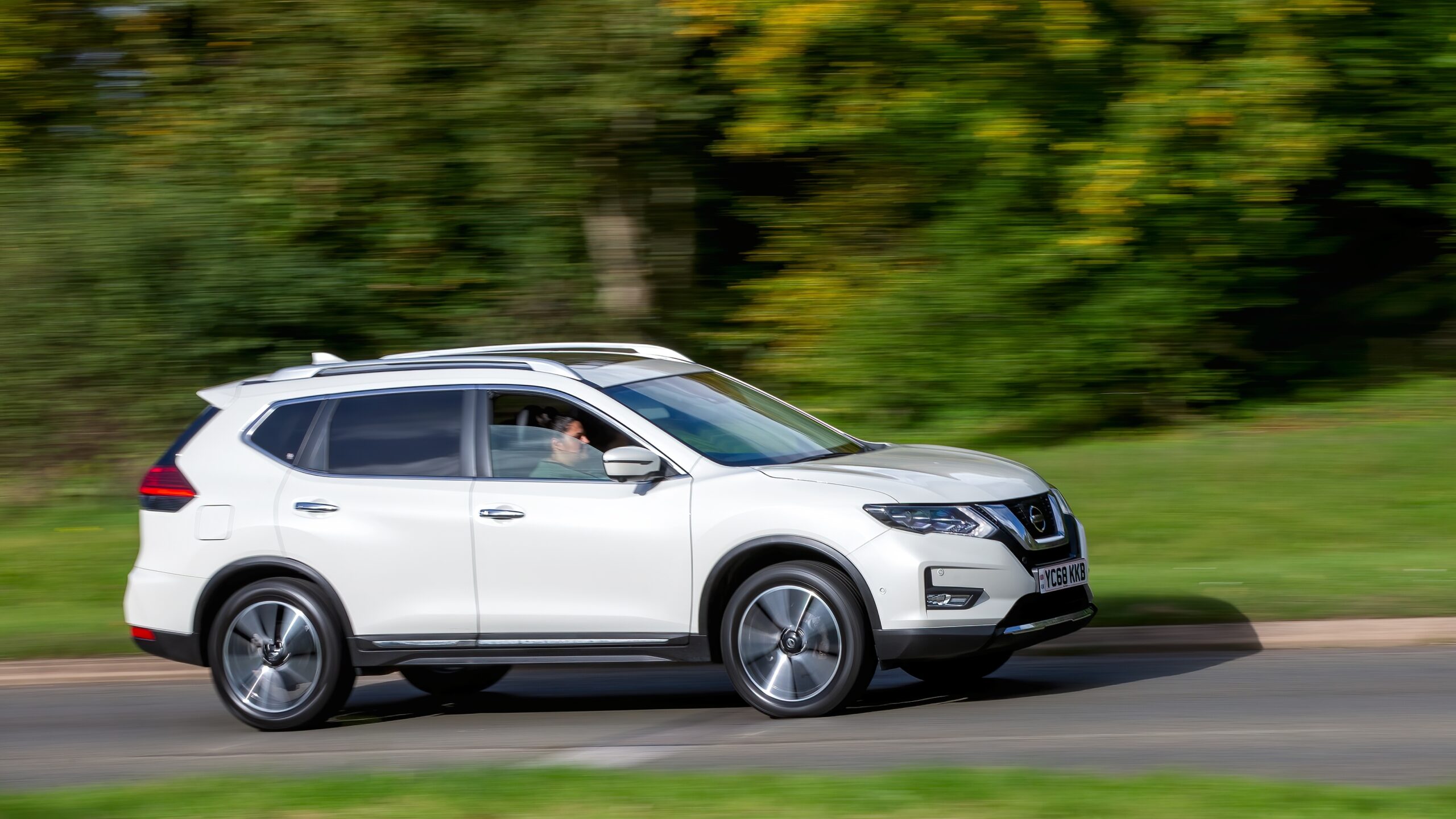
Looking to buy the perfect car for you but don’t have enough available funds? Then part exchanging your vehicle might be the answer. In this ultimate guide, we’ll dig deep into how part exchanging works, how to get the highest valuation for your vehicle, and how to try to negotiate with your dealer for more money.
- How does part exchanging work?
- Is part exchange always a good choice?
- Car value and the finances of part exchange
- Part exchange and dealer’s choice
- What do car dealers look for with part exchange?
- Part exchange vs. online car-buying services
- Getting a better offer for your part exchange
- Part exchange costs to change car
- Runout models and part exchange
- What documents do you need to part exchange?
- Be prepared to walk away from a part exchange
- The best way to sell your car
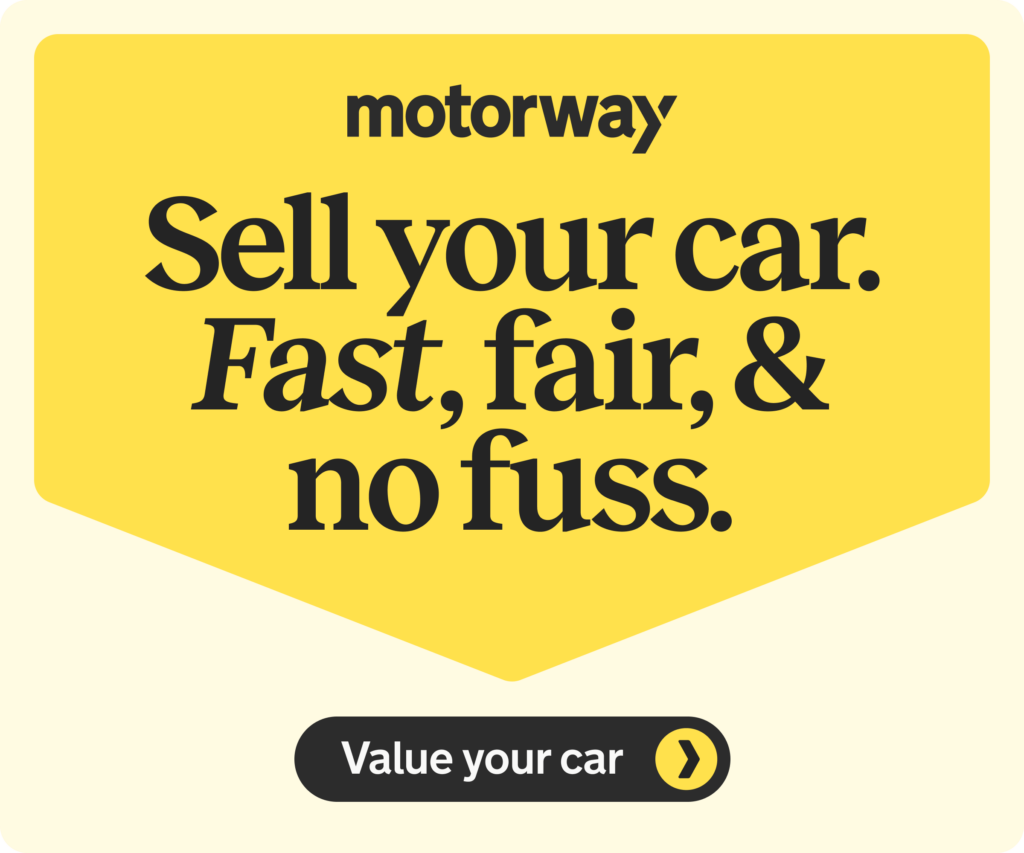
How does part exchanging work?
So firstly, what is part exchanging and how does it work?
Part-exchanging a car is a way of ‘trading up’ or ‘trading in’ your car for another. Sometimes it can enable you to get a more expensive vehicle by offsetting the value of the original car against the price of the next one.
Once the value of the car has been agreed between the seller and car dealer, the difference is then paid. If there is finance on your car, the final balance will be paid off or, if you own your car outright, the money will simply be transferred.
Is part exchange always a good choice?
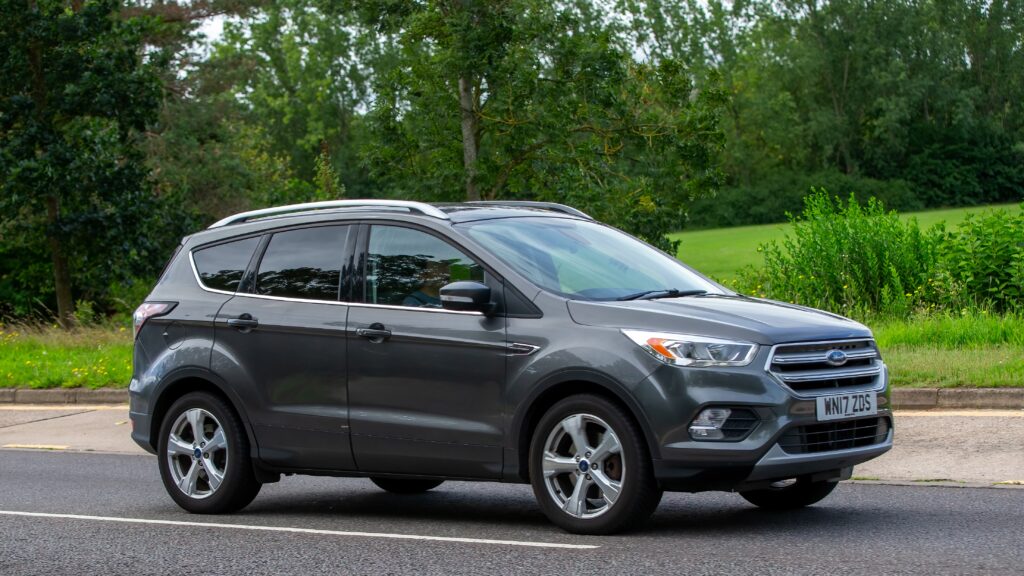
Not always! If you have the money to buy a new car without having to resort to part-exchanging, it’s generally a good idea to do so.
A part exchange may feel like the easy option, but rarely is it the most financially beneficial. Car dealers will make more profit on the part-exchange discount than they do on the price of your new car. Therefore, it’s important for anyone part-exchanging their old car to really assess what they are trading in and whether they should be trying to get more value.
If you’re going to a dealership as a cash buyer, you tend to fare better in negotiations. And if you sell your old car privately, you’re likely to get a better price than if you were to trade it in at a dealer.
Car value and the finances of part exchange
A dealer will work on the assumption that they know a lot more about cars and the automotive industry than you do – and, in most cases, they’re right. They’re also aware that many buyers will happily part-exchange their old car to avoid the legwork associated with private sales (i.e. getting the car listed, arranging viewings, test drives, etc.).
However, part exchange can very quickly become complicated – particularly if you’re attempting to buy your new car on finance.
When you part-exchange your old car, you’re not just negotiating on your old car’s value, you’re also working out what you’re paying for the new model at the same time. And, if you’re buying the new car on finance, the dealer will add this into this equation too. This means you’ll have to work out how your discount stacks up against the value of your new deposit and monthly instalment plan.
Many buyers can find figuring out prices and offers tricky. If there’s a time you want to feel confident, it’s when you’re buying an expensive asset like a car. If you’re thinking about part-exchanging, it’s important to carefully consider all the options first.
Though on the face of it, it might seem like a hassle, in most cases you’ll get much more money if you sell your old car to an online car buyer. Crucially, this will make buying the new car a simpler process with lower repayments.
Part exchange and dealer’s choice
There are certain things that dealers look out for in a part exchange deal. These include:
🏎️ Sought-after models
🔈 Added extras
🛣️ Low mileage
🩷 Rare factory colours
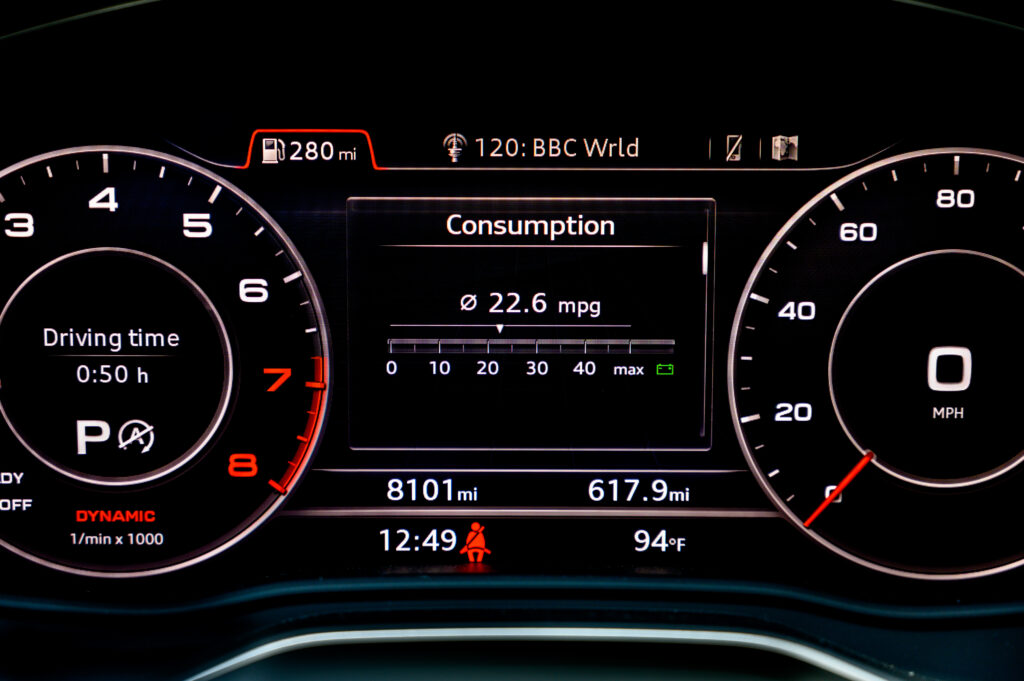
If the car you’re attempting to sell fits any of these criteria, then you’re likely a good candidate for part-exchange. And it’s good to know this when you go in to meet the dealer!
Dealers are also currently favouring SUVs over estate cars and other more traditional styles. But this may change over time.
What do car dealers look for with part exchange?
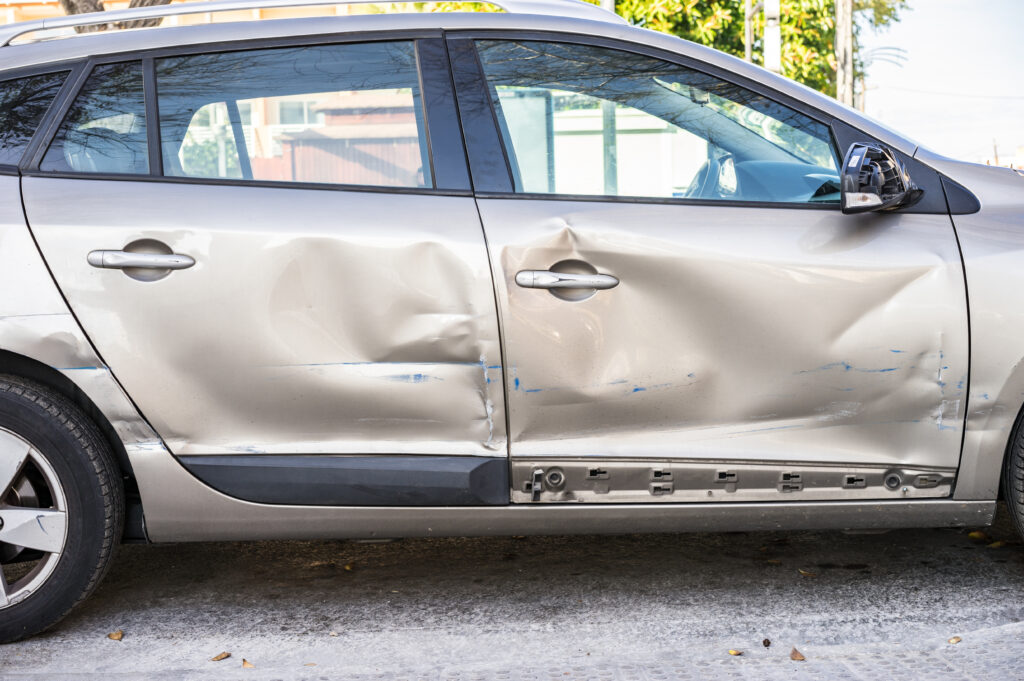
As we said, if you can avoid part-exchanging your old car if you have to, then have a look at other avenues of sale. However, if your old car is dented, needs scrapping or has mechanical issues, part-exchange is definitely worth considering as it’s usually more convenient than using a scrapping service.
Any dealer worth their salt will test drive your old car and look at the bodywork before giving you a price. Your car will probably end up in an auction, and the dealer knows what will get a decent return. And what won’t.
When it comes to your car’s condition, it’s not always the big stuff that makes a difference. There are some things you can do to make sure you get the best price possible:
🧑🔧 Fixing small scratches, scuffs, chips, and dents: Not carrying minor repairs to the bodywork will certainly result in the dealer offering you less money.
🔧 A full service history: Complete records always add value to your car, whereas missing or incomplete history lowers the price and gives dealers pause.
🚘 More than six months left on your car’s MOT: If you have less, make sure to mention this during the initial appraisal and it can have a negative impact on the price offered.
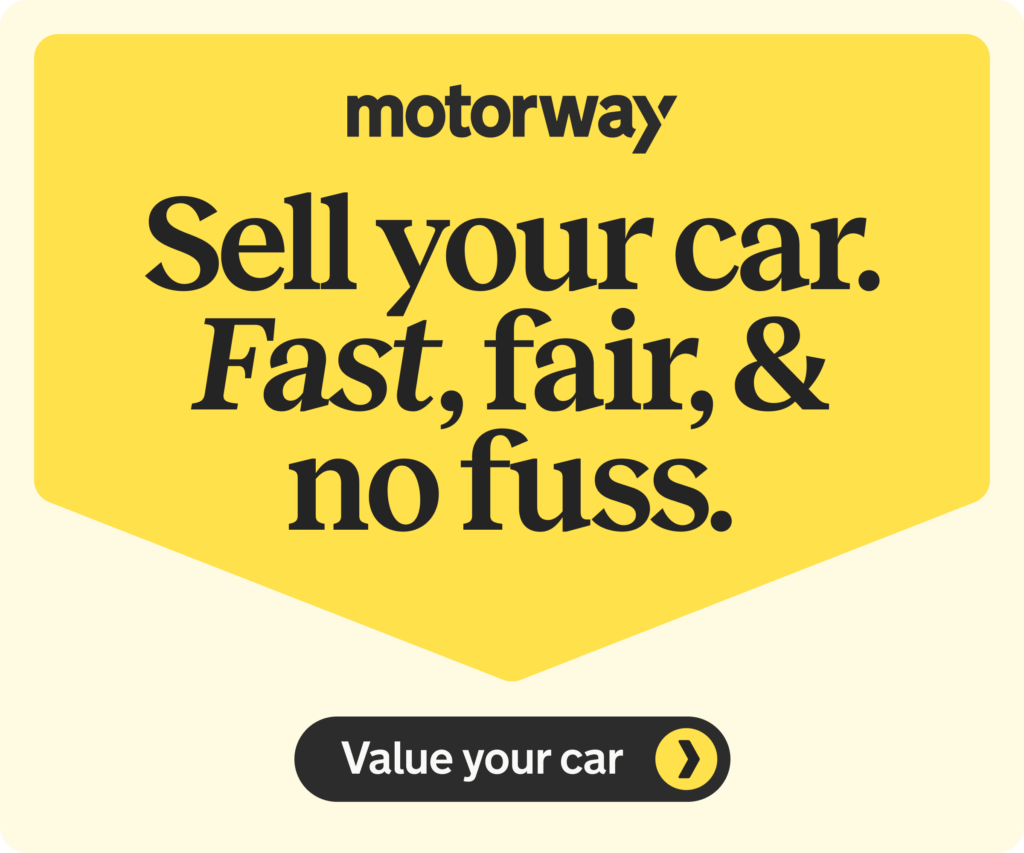
Part exchange vs. online car-buying services
Before going into a part exchange, you’ll need to work out how much your car is worth. Do a bit of research on your old car’s value to see what similar models are fetching on the market.
There are also plenty of websites where you can get a free valuation, just by submitting a few details about your car. For example, on Motorway, you can get an estimated offer and find your highest offer from a verified dealer.
If you choose an online car-buying service, be specific when filling out the details about your car. There’s no point in attempting to bluff the website, as buyers check the authenticity carefully. Play it straight and you’ll get the best possible valuation.
Though car-buying services will help you get an idea of what to expect at the dealership, many also offer other incentives – such as free home collection of the vehicle and instant payment. However, their prices offset these perks.
It’s important to remember that many people arrive at a dealership without any idea of the part exchange deal they’ll get. If you can demonstrate you know the car’s worth, you may be able to negotiate more. Typically, dealers will negotiate outright sales more than they’ll negotiate part exchange discounts.
Getting a better offer for your part exchange
There are some simple things you can do to improve your chances of getting a higher valuation and a better offer at the dealership:
🧽 Have the car professionally cleaned, inside and out: A clean car, smelling fresh can make a huge difference.
🔎 Assess the full condition of the car: Check the tyres, body panels, and interior to see if there are any quick, cheap fixes you can do. It’ll result in a better offer.
⚙️ Replace missing parts if it’s cost-effective: You can pick up second-hand hubcaps on eBay or preloved.co.uk. Making sure all the parts are clean, matching and well-installed will help the value.
With all of these options, it’s important to tread carefully with the spending. The idea is to invest in the car to get a better offer.
Part exchange and price negotiation
Be prepared for when the dealer asks you what you want for your old car. Unbelievably, we found that 14% of Brits (3.5 million) have regretted the sale of their car as it was poorly researched and lost them money as a result.
Do not talk to dealers without having a good idea of what your car is worth! The dealer expects to bring your price down, so this way you’ll negotiate from a higher price point and get a more reasonable deal.
Motorway research has found 37% of Brits (14 million) are intimidated by the haggling process of selling their car. Here are our top tips for negotiating:
- ✅ DO walk away if you get offered an unreasonably low price. This might prompt them to re-negotiate or you can find a better deal elsewhere.
- 🚨 DON’T just accept the first price they give you – even if it’s the highest.
- ✅ DO be upfront about the fact you’re meeting with more than one dealer.
- ✅ DO ask if there are any extras that can be thrown in if they can’t budge on their offer.
- 🚨 DON’T be intimidated if asked what your budget is or similar.
- ✅ DO explain that you’re only considering part exchange for convenience.
- 🚨 DON’T be put off if a dealer says your price is unreasonable. Instead, ask for a CAP price or Glass’s Guide to hand.
- ✅ DO be wary of any dealer who won’t check the above resources.
Part exchange costs to change car
During any part exchange negotiation, keep the ‘cost to change’ in the front of your mind. This is the price you’ll end up paying for the new car in the part exchange.
Many sellers will naturally focus on the price they are being offered for their old car. However, you should also ask what the ‘cost to change’ price is.
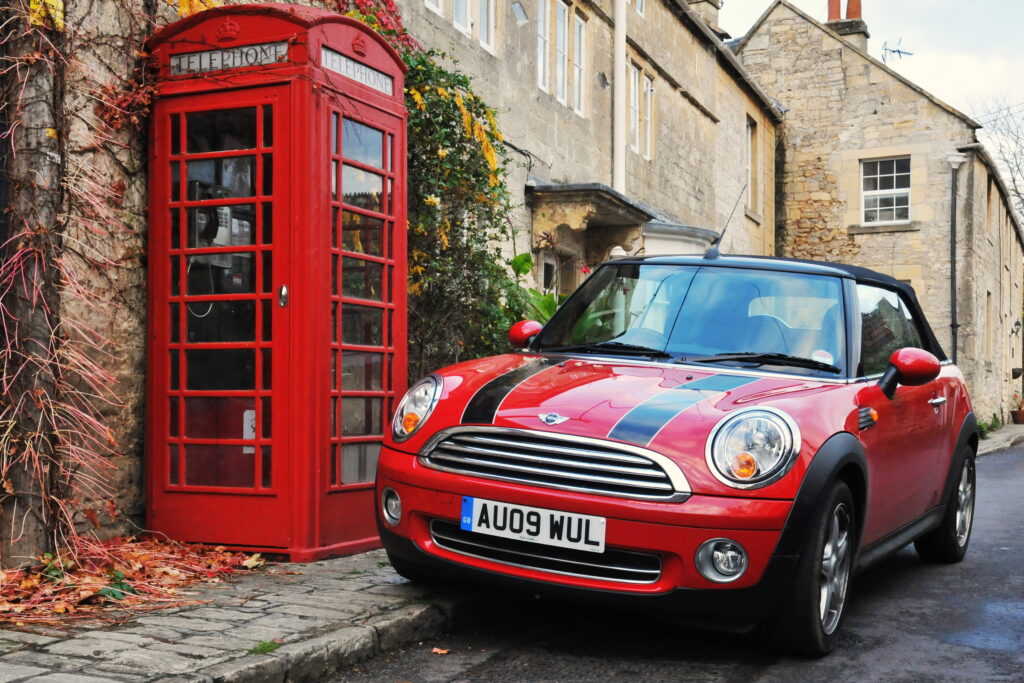
Just because a dealer has offered you a relatively high sum for your old car, doesn’t mean that you’ll actually be paying less for the new car. For example:
- Dealer 1 could offer you £2,000 for your old car against a £6,000 model.
- Dealer 2 could offer you £1,500 against a car selling for £5,000.
- If you went with Dealer 1, it may seem like a better deal, but the difference would be £4,000.
- Dealer 2’s offer means you’re only paying £3,500.
Before you make your final agreement with the dealer, make sure you know what the cost to change is, compared to other options available to you.
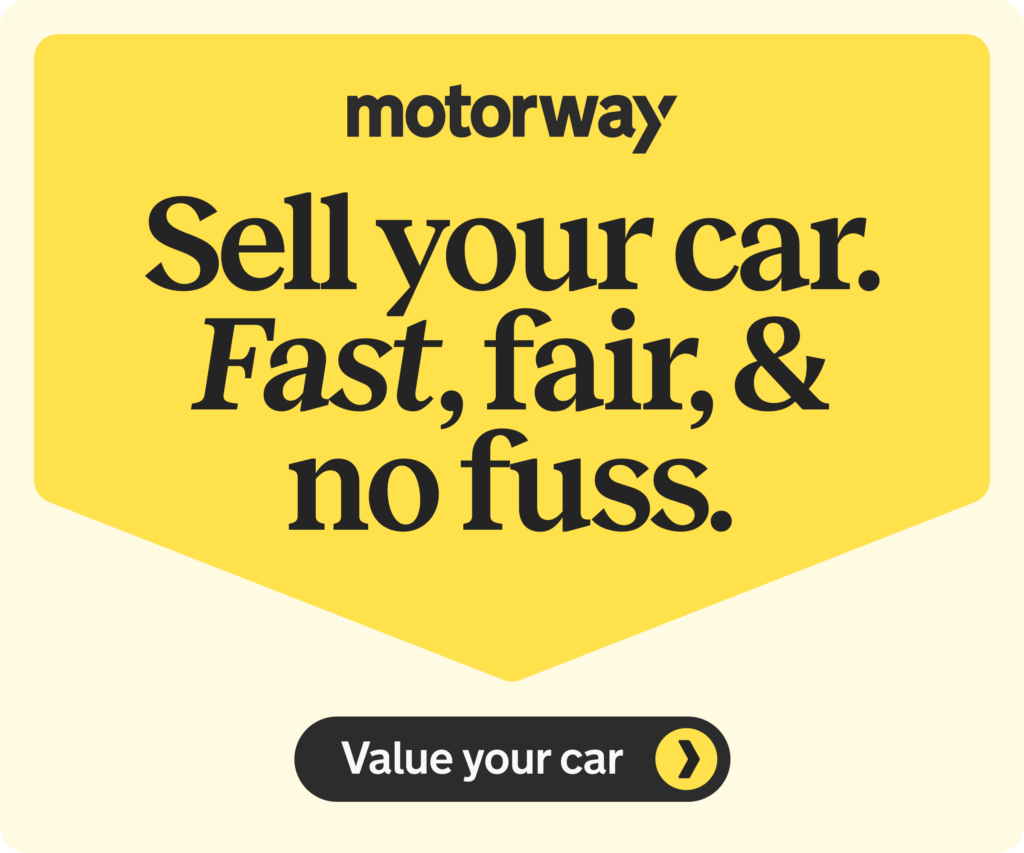
Runout models and part exchange
A popular tactic that can make part exchange cheaper is asking the dealer what you could get against a ‘runout.’
Runouts are models of cars that are about to be relaunched by the manufacturer and are, consequently, not easy to sell. If you’re keener on getting a cheap deal than a new model, you can pick up a lower-priced runout. So, if there’s a new Toyota in the range being launched in a few months, it’s worth seeing what deal you can get for the current model.
Runout models are cheap due to the fact that cars at the end of their shelf-life tend to depreciate in value much quicker, as many buyers will wait for the new model to appear. As a result, manufacturers cut back the prices of their previous models.
What documents do you need to part exchange?
If you do decide to go ahead with a part exchange, you’ll need to remember to bring the following with you:
- 📕 The V5C logbook
- 📃 MOT certificate
- 🔑 Vehicle keys
- 📋 The car’s manual
- 📕 Service book
And if you’re taking out finance, you’ll also need:
- 🪪 Driving licence
- 🛂 Passport
- 🏦 A bank statement or utility bill (less than 90 days old)
For more info about what documents you need and why, check out our complete guide to the documents required to sell a car.
Be prepared to walk away from a part exchange
Never forget throughout the process of buying a car that you’re in charge! Until you’ve signed on the dotted line, received the money, and handed over the keys, you’re in control.
If you know what your car is actually worth, and you stick to your guns, it’s extremely likely that any dealer will raise the ‘best price’. Plus, the research you do at the initial stage of the process will give you the confidence to walk away from the lower offers.
Though it might seem like a bit of a pain, actually doing the legwork and going around showrooms and dealerships, remains the best option in finding a dealer that wants your car and is prepared to give you a good price. However, at the end of the day, it really comes down to how much value the seller puts on their car – and how much value they put on their time.
The best way to sell your car
If you’re thinking about selling your car quickly and easily, at Motorway we offer a simple – and completely free – method of getting the best price when selling, whatever the model.
Just enter your reg and you will be provided with an instant estimated sale price based on up-to-the-minute market data. We’ll then ask you a few easy questions about your car and guide you through the photos you need to take to complete your vehicle profile. It can be done right from your phone – in a matter of minutes. With 84% of Motorway customers getting more money, it’s never too soon to get your valuation.
If you choose to enter your car into a daily sale, it will be shown to our nationwide network of more than 5,000 verified dealers looking to add to their stock of used cars. Interested dealers will then compete to buy your car, offering you their best price.
In as little as 24 hours, you’ll receive your best offer. And if you choose to go ahead with the sale, your car will be collected for free by the dealer and the money will be quickly and securely transferred to your bank account.

Should you sell your car?
Want to learn more about the best ways to sell your car? Check out more of our guides here, covering everything you need to know about different finance schemes, and what they mean for you as a car owner.
- Sell my car
- Free car valuation
- Buy my car – who will buy my car?
- Service history – the ultimate guide
- Should you sell a diesel car?
- Van valuation – the ultimate guide
- What documents do I need to sell my car?
- How to sell a car for parts
- Should you sell a petrol car?
- Sell your car to a dealer
- Get cash for cars
- Selling to a car buying site or service
- Selling a car with finance
- Selling a van
- Car selling tips
